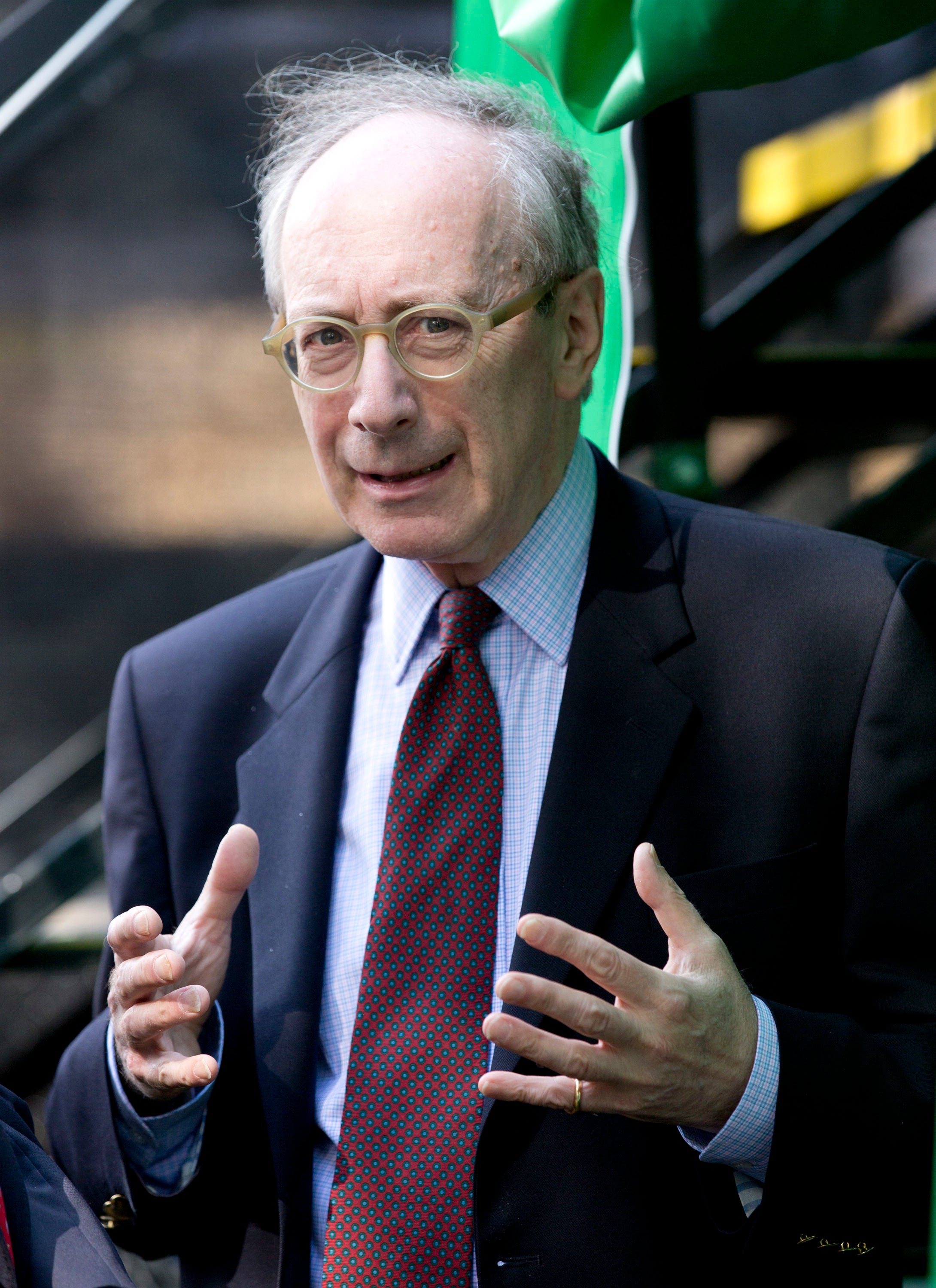Time may have come for reform of House of Lords – Malcolm Rifkind
The former minister said the upper chamber should reflect ‘the age we live in’ more.

Your support helps us to tell the story
From reproductive rights to climate change to Big Tech, The Independent is on the ground when the story is developing. Whether it's investigating the financials of Elon Musk's pro-Trump PAC or producing our latest documentary, 'The A Word', which shines a light on the American women fighting for reproductive rights, we know how important it is to parse out the facts from the messaging.
At such a critical moment in US history, we need reporters on the ground. Your donation allows us to keep sending journalists to speak to both sides of the story.
The Independent is trusted by Americans across the entire political spectrum. And unlike many other quality news outlets, we choose not to lock Americans out of our reporting and analysis with paywalls. We believe quality journalism should be available to everyone, paid for by those who can afford it.
Your support makes all the difference.The time may have come for reform of the House of Lords into a partially-elected senate, former Conservative minister Sir Malcolm Rifkind has said.
The Tory party grandee said the upper chamber of parliament may need to change into something which “reflects more the age we live in”.
Giving a lecture at the University of Edinburgh on Tuesday, he discussed the history of the union between Scotland and England, his thoughts on devolution and changes he would like to see.
The former Scottish secretary repeated his opposition to Scottish independence, saying there should not be a “hard border” between Scotland and England.
He said: “I think one change that is worth considering is a reform not in Edinburgh or Cardiff, but in Westminster itself.
“We have an upper house, the House of Lords – it does very good work, I’m not going to be rude or unpleasant about it, it does a lot of very important revising work.
“But I wonder whether the time has come to have something that reflects more the age we live in, perhaps something more of a senate.
“Maybe elected, not necessarily 100% elected.
“I think there is a case for appointing members who have already made a contribution to some aspect of public life and whose advice and experience would be valuable.”
This chamber could also have a constitutional role, symbolising the four nations of the UK as much as possible, he said.
He continued: “When constitutional issues have to be discussed, then what better place to do that than in the less heated atmosphere of the upper house?
“Where the merits and demerits of various changes might be contemplated?”
Sir Malcolm said this change was unlikely to happen in the short term but noted former prime minister Gordon Brown had made similar proposals.
Answering questions from the audience in the university’s Playfair Library, the former MP said the UK’s parliament had evolved over the centuries and further evolution may be required.
He said: “This is a personal view, I’m not speaking on behalf of my party or anybody else.
“I think there is a growing case. We have an upper house, we want to continue having an upper house because a revising chamber is useful.
“But should it be a House of Lords and need it still continue to have hereditary people sitting in it?”
The lecture was hosted by the university’s Centre on Constitutional Change, in association with the Sir Edward Heath Charitable Foundation.